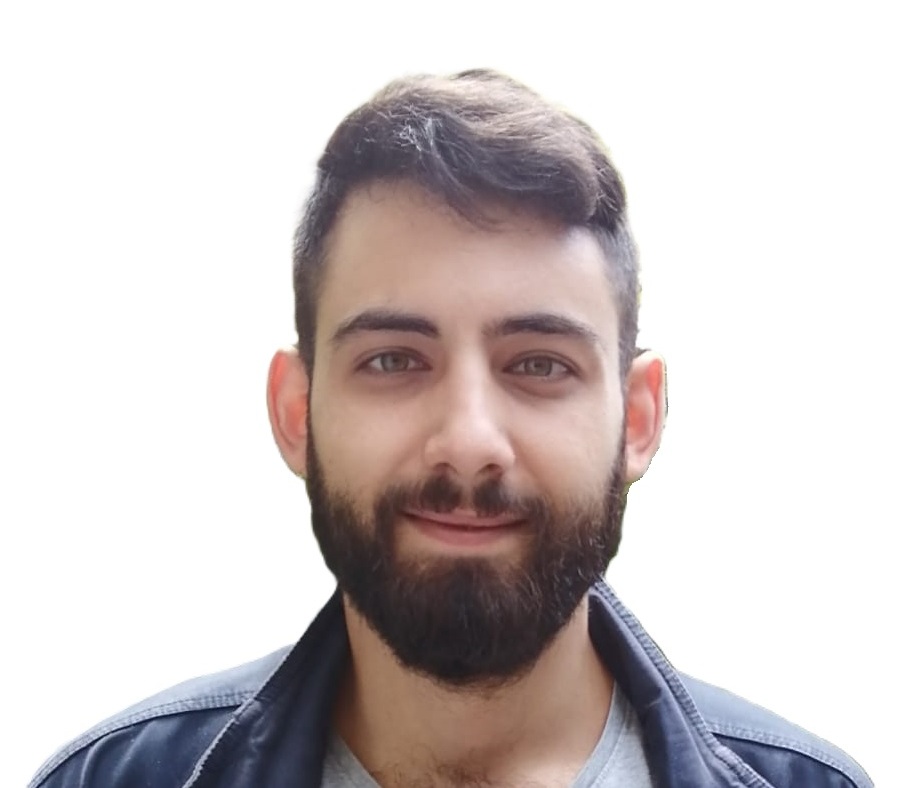-
Host organisation: Ludwig-Maximilians-Universität (LMU) München, Germany
-
Supervisors: Prof.dr. Marion Subklewe
-
Research project: DC10 - Targeting MRD and LSCs in the bone marrow niche by chemokine modified, dual targeting CAR T cells in AML
About me
"AML reminds me of an orchestra with few elements out of tune, and with just one wrong note the whole thing starts to fall apart".

My name is Pierluigi, and I come from Tuscany, Italy. From what I can remember, I’ve always been fascinated by the complexity and variety of nature. This curiosity gradually evolved into a deep interest in biomedical sciences, especially after spending a few years volunteering in ambulances and hospitals. Outside the lab, I mostly enjoy spending time in nature, whether by the sea or in the mountains, or playing some music.
During my Bachelor’s degree in Biotechnology at the University of Pisa, I joined the Molecular Hematology Laboratory at Santa Chiara Hospital, led by Prof. M. Petrini, where I was involved in mutational analysis techniques for acute myeloid leukemia (AML). I later moved to Milan to pursue a Master’s in Biotechnology and Medical Biology at Vita-Salute San Raffaele University. While there, I had the chance to join the Experimental Hematology Unit led by Prof. C. Bonini. This experience helped me dive into translational research, focusing on cellular immunotherapies for autoimmune diseases, a rapidly evolving field with a lot of potential to benefit patients.
When I came across the MIRACLE project, I saw it as an ambitious opportunity to contribute to something meaningful. The goal of eradicating minimal residual disease is one of the most challenging problems in hematology, and I believe working together closely is crucial to tackle it. MIRACLE brings together leading investigators, young researchers, and a collaborative network between academia and industry. So yes, I’m excited to be part of it, not just to grow as a scientist, but to work on something that might eventually make a difference.
At LMU in Munich, my current research focuses on developing new cellular therapies that target leukemic stem cells (LSCs), a population of cancer cells thought to drive relapses and resist standard treatments. The idea is to identify molecules that are mostly expressed by LSCs and essential for their survival, and then engineer T cells to recognize and eliminate them more effectively, with the hope of achieving long-lasting remissions in more patients. Of course, all of this doesn’t come without its complications. LSCs often share markers with healthy cells, and the bone marrow microenvironment can limit the effectiveness of immune therapies. That’s why finding truly specific targets and innovative strategies to bypass these barriers is essential.